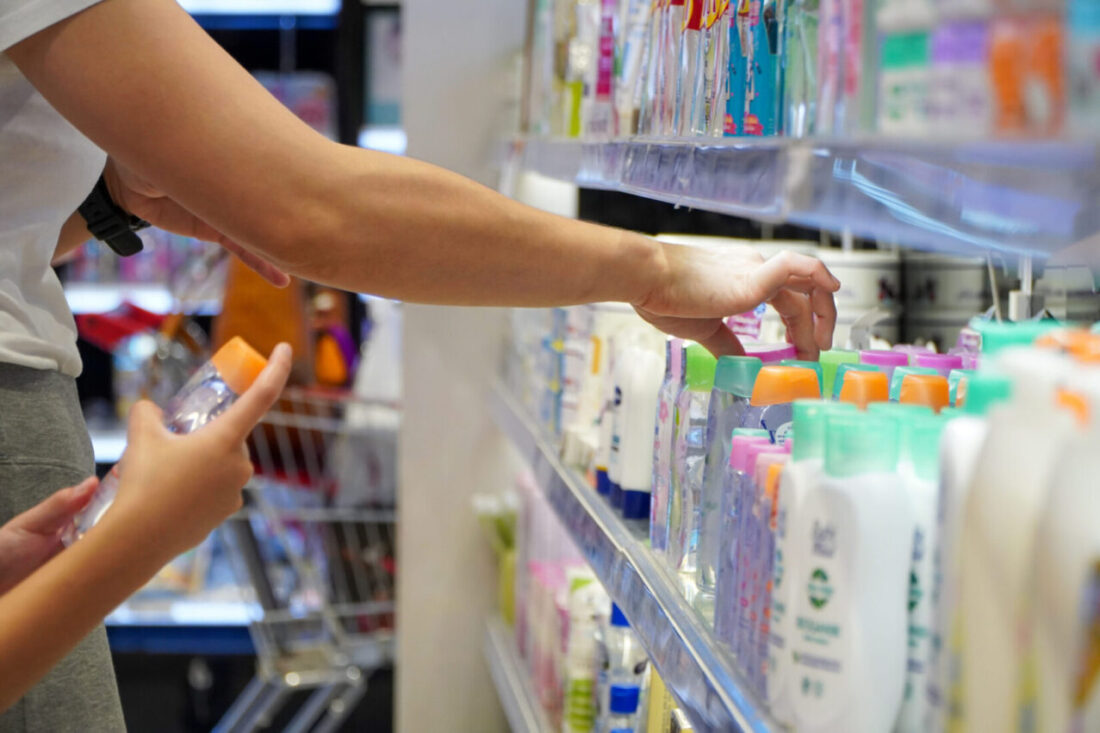As marketing specialists in the health and wellness sector, understanding market trends and consumer behavior is crucial for successful market entry and growth. Japan, with its rapidly aging population and increasing health consciousness, presents a significant opportunity for health and wellness products and services. The recently published “Health and Self-Care Survey 2024” by Daiichi Sankyo Healthcare provides valuable insights into the evolving attitudes and behaviors of Japanese consumers regarding health management and self-care. This blog post will delve into the key findings of the survey and explore how these insights can inform your marketing strategies in Japan.
The Age of 100-Year Lifespans
Japan is at the forefront of global demographic shifts, with an increasing number of individuals living well into their 90s and beyond. This “100-year lifespan” era brings unique challenges and opportunities. Japanese consumers are becoming more proactive about their health, seeking ways to maintain vitality and quality of life as they age. This trend is reflected in the high awareness of self-care, with 75.8% of survey respondents recognizing its importance. However, actual practice lags behind, with only 44.4% actively engaging in self-care routines.
For marketing specialists, this gap between awareness and practice represents a significant opportunity. Products and services that can bridge this gap, offering practical and easily integrated self-care solutions, are likely to resonate well with Japanese consumers. Emphasizing the ease of use and effectiveness of your products in maintaining health and wellness can be a key selling point.
Rising Interest in Side Jobs and Health Management
The survey highlights a growing interest in side jobs among the working population, with half of the respondents aged 20-60 expressing a desire to engage in secondary employment. Interestingly, health management is considered more critical than financial management for those with side jobs. This shift indicates a recognition that maintaining good health is essential for sustaining a busy and multifaceted lifestyle.
For marketers, this insight suggests that positioning your health and wellness products as essential tools for managing the demands of a busy life could be highly effective. Whether it’s dietary supplements that boost energy levels, ergonomic products that reduce physical strain, or stress management solutions, there’s a clear demand for products that support overall well-being.
Impact of COVID-19 on Self-Care Practices
The reclassification of COVID-19 to Category 5 has led to increased social activities such as dining out and traveling. However, it has also highlighted the challenges faced by those who telework. The survey reveals that teleworkers are more likely to experience a decline in physical fitness and increased stress compared to their counterparts who work in-office. Consequently, they have a higher appreciation for the importance of self-care.
This finding underscores the need for products and services that cater to the specific challenges of teleworking. Solutions that help teleworkers stay physically active, manage stress, and maintain a healthy work-life balance can find a receptive market. Marketing campaigns could focus on the benefits of these products in enhancing productivity and well-being in a home office setting.
Time Efficiency and Self-Care
The concept of “タイパ” (time performance) is becoming increasingly relevant in Japan. Although less than half of the respondents consciously consider time efficiency in their self-care routines, about 60% express a desire to utilize spare moments effectively for self-care. This preference for integrating self-care into small pockets of time presents a unique opportunity for marketers.
Products that are quick, easy to use, and can be seamlessly incorporated into daily routines are likely to appeal to this audience. For instance, quick relaxation techniques, portable fitness equipment, and on-the-go health supplements can be marketed as ideal solutions for busy individuals looking to maximize their time efficiency.
Financial Investment in Self-Care
The survey indicates that Japanese consumers are willing to invest in their health, with the average monthly expenditure on self-care being 4,173 yen. Interestingly, the highest spending is among individuals in their 20s, who allocate an average of 4,765 yen per month to self-care. This demographic’s willingness to spend highlights the potential for premium health and wellness products.

Marketing strategies should consider targeting younger consumers with innovative and high-quality products that offer tangible health benefits. Emphasizing the long-term value and effectiveness of your products can justify the investment and appeal to this financially engaged demographic.
Leveraging Technology and OTC Medicines
The survey also highlights the role of OTC (over-the-counter) medicines in health management, especially for those who cannot always access professional medical care. As telework becomes more common, the ability to manage minor health issues independently is increasingly valued.
Marketers can leverage this trend by highlighting the convenience and effectiveness of OTC products. Digital marketing campaigns, educational content, and user testimonials can be powerful tools to build trust and inform consumers about the benefits of your products. Additionally, incorporating technology, such as health management apps and online consultations, can enhance the appeal and accessibility of your offerings.
Strategic Partnerships and Local Insights
Entering the Japanese market requires a nuanced understanding of local consumer behavior and preferences. Collaborating with local partners can provide valuable insights and facilitate market entry. Joint ventures, partnerships with local influencers, and participation in health and wellness events can help build brand recognition and trust.
Furthermore, localizing your marketing messages to resonate with Japanese cultural values and health beliefs is crucial. Emphasizing harmony, balance, and the holistic nature of health can align your brand with the values that resonate with Japanese consumers.
Conclusion
Japan’s health and wellness market offers significant opportunities for growth, driven by an aging population, increased health consciousness, and evolving work patterns. The insights from the “Health and Self-Care Survey 2024” provide a roadmap for marketing specialists looking to tap into this dynamic market. By addressing the specific needs and preferences of Japanese consumers, offering practical and time-efficient solutions, and leveraging local partnerships, you can position your products and services for success in Japan. Embrace these insights and take a proactive approach to unlock the potential of Japan’s thriving health and wellness market.




